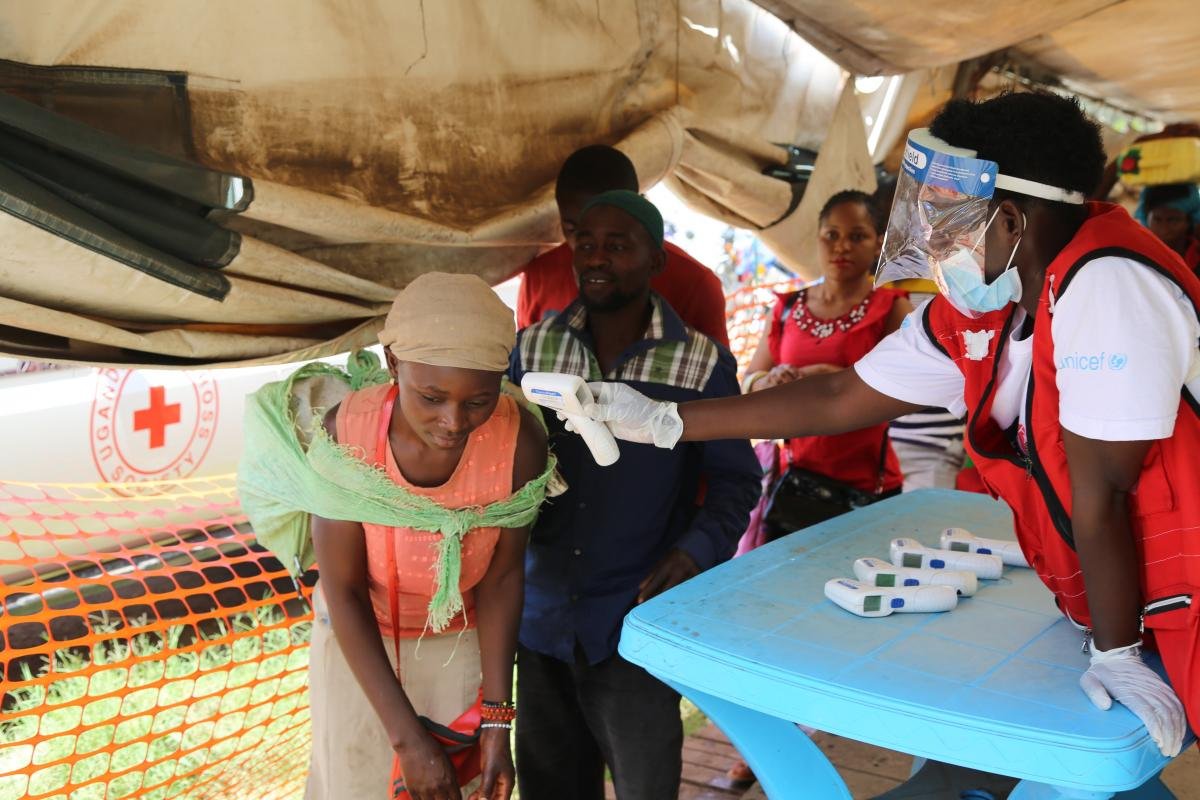Doctors’ Salaries: Which Countries Pay The Most And Least In Europe?
Health personnel and doctors in particular worked ceaselessly to save lives during the COVID-19 pandemic. Many did not go home for days or weeks at a time, and many lost their lives helping others. They became heroes, and the public showed its appreciation for their work and devotion.
However, health personnel remain largely unhappy about their salaries and working conditions. This includes doctors; both specialists and general practitioners (GPs).
In 2022, doctors marched in protest, warned of the possibility of strikes, or went on strike in European countries such as France, Germany, Spain, Portugal, Greece, and Turkey. They asked for increased pay but also complained about the lack of staff in their hospitals.

In most European countries, the annual gross salaries of doctors increased in real terms between 2010 and 2020, according to figures released by the OECD. Salaries in real terms are values that take inflation into account. However, salaries fell in some countries in real terms in the last decade.
How much are doctors paid in Europe? Which countries pay doctors the most and the least? How much have doctors’ salaries changed in the last decade, and how much do doctors earn considering the concept of purchasing power parity?
The OECD dataset includes information for 25 European countries, and doctors’ salaries vary greatly among them.
In 2020 or the closest year with available data, the annual gross salaries of specialists ranged from €20,200 in Poland to €258,552 in Luxembourg (2015 data). In other words, the difference between doctors paid the most and doctors paid the least is more than tenfold.
In addition to Luxembourg, there are four other countries where specialists were paid more than €150,000 in 2020. They are Ireland (€172,882), the Netherlands (€160,869), Denmark (€156,061), and Iceland (€155,276). Germany (€146,200) and the UK (€136,375) followed closely.
Specialists earn less than €50,000 in many EU countries
Salaries were markedly lower than €100,000 in France, Italy, and Spain. There are several other countries in the EU, including Portugal and Greece, where specialists earn less than €50,000. These figures all reflect annual gross remuneration for salaried specialists.
GPs are paid less than specialists. For example, specialists earn 85 per cent more in the UK, where the average annual gross salary for GPs was €73,408 while specialists received €136,375 on average.
In 2020, the difference was 45 per cent in the Netherlands. In Germany, the difference between specialists and GPs was much smaller, at about 20 per cent.
Credit: euronews.next




